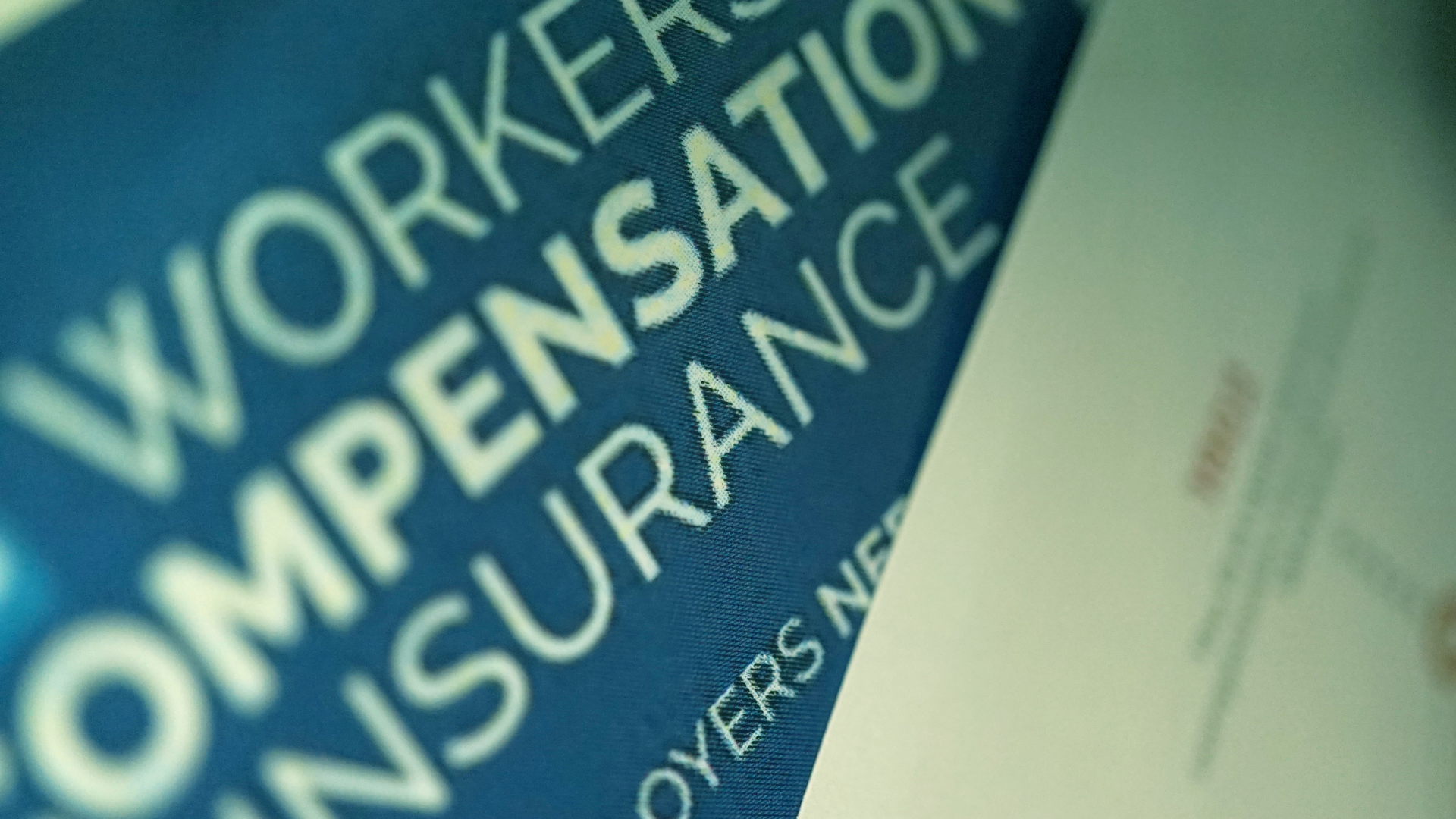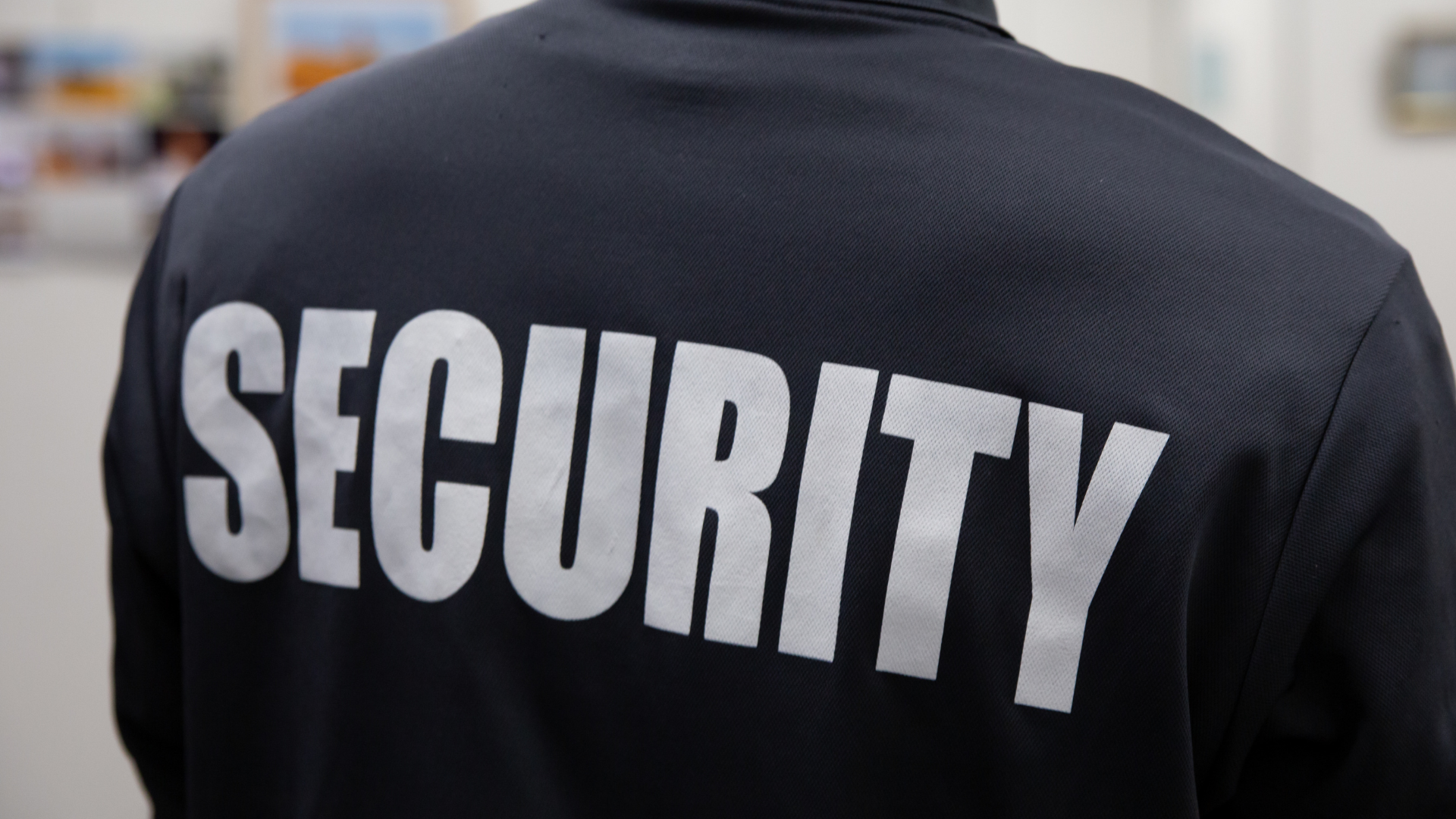Workers' Compensation Cases

A workers’ compensation investigator may help companies determine when an employee is committing workers’ compensation fraud by conducting surveillance on the employee in question. Private investigators are often hired in this capacity to protect the business’ interests.
Purpose of Conducting Surveillance
Employers and insurance companies often rely on private investigators to conduct surveillance of employees who have filed workers’ compensation claims. These investigations may be implemented to determine if an employee’s activities outside of work correspond to him or her having been injured at work. Employers and insurance companies may state that they use surveillance mechanisms and other tools to help pinpoint instances of fraud. However, employees may see this activity as an attempt to deny a valid claim under false pretenses. Employers may conduct surveillance to try to get the injured employee in a photograph or video that shows him or her working for another company while receiving workers’ compensation benefits or participating in an activity that does not correspond to his or her reported injuries.
Private Investigator Activities
A private investigator may use a variety of tools to help monitor allegedly injured employees. They may follow a target during his or her time off and when he or she is supposed to be receiving medical treatment. He or she may take photographs or video of these activities, especially when the activities do not correspond with the reported injuries. Surveillance may be used even if the benefits have been paid or when the benefits have been denied in an attempt to help the employer’s case.
Surveillance is one of the most common methods that private investigators use to record incriminating evidence against the employee.
Surveillance may be conducted by one or more private investigators using sophisticated cameras and video equipment while tracking the movements of the target.
Other ways that private investigators track the employee’s movements and monitor the employee include calling the employee at his or her residence under false pretenses or by talking to an employee’s neighbors about other jobs or activities. Another way that private investigators may monitor employees who have filed workers’ compensation claims is by tracking their internet activity. Social media websites may show supposedly injured employees who are skiing, white water rafting and participating in other high-energy activities after asking for thousands of dollars in benefits for a work-related injury. Individuals who are concerned that a private investigator may be following them for this reason are often advised by legal counsel and their own private investigator not to post any type of picture or comment that may be misinterpreted.
In some instances, employers may provide employees with cell phones. If this is the case, the employer may have stated that employee cell phones may be monitored. Private investigators may have spyware installed on these phones in order to monitor an employee’s movements and activities.
Discrete Actions
Private investigators are trained at avoiding being detected. They may use a number of measures to avoid detection, including wearing glasses and then switching them out with sunglasses, wearing different baseball hats, wearing different costumes, driving a vehicle with tinted windows, using multiple investigators to follow a subject or using certain ruses to be given permission to enter onto certain property.
Counter Measures
Injured employees may take their own measures to counter the activities of their employers. They may be on the lookout for people who may be conducting surveillance of them. They may be sure to follow the orders of their doctor closely and to avoid making comments or posts about their injuries, their workplace or their activities. Injured employees may even hire their own private investigator to determine if they are being followed.
Often, private investigators can conduct their own surveillance to determine if their client is actually being followed. A private investigator may inspect a business cell phone or laptop for spyware. Some indications that these special apps or software programs may be being used include the device having a shortened battery life, random noises emitting from the device, a difference in call quality, increased data usage or receiving strange texts or messages from others.

Site Navigation
Contact
All Rights Reserved | Powered by MightyWebsiteBuilder.com | Virginia Court Services







